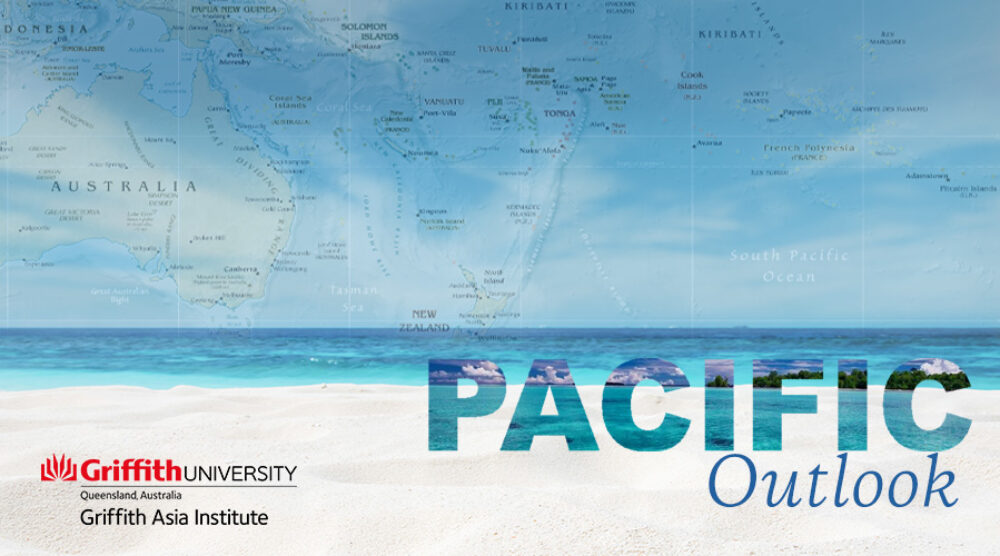COVID-19 reaches the Pacific
COVID-19 is now present in the Pacific islands region. There are now dozens of confirmed cases in the region, with the first death having occurred in Guam. A number of countries have declared states of emergency, including Nauru, Samoa, Tonga, and Papua New Guinea. In addition, many countries have effectively closed their borders with international flights being severely reduced in frequency, and cancelled altogether in some places. A lack of flights will seriously hamper the ability to test for the virus in countries that do not have their own testing facilities available. The economic impacts of the pandemic are also being felt with the tourism sector being severely affected in countries such as Vanuatu and Fiji. There have also been moves by governments to suspend participation in labour mobility programs such as the RSE in New Zealand and the SWP in Australia.
Vanuatu elections completed
The general elections in Vanuatu took place last week. Despite some concerns about the COVID-19 virus, the turnout seems to have been strong. In general, the process seems to have gone very smoothly. However, there were some logistical problems that meant more than 20,000 people had difficulties voting on the designated day of 19 March. In some parts of the country, voting did not take place until the following day. The official results have yet to be announced. However, the unofficial results indicate that no one party will secure more than 9 or 10 seats. The new government will be formed as a coalition as has been the norm in Vanuatu for some time. The community is hoping the new government will be formed quickly so that leaders can start work on addressing the impacts of COVID-19 as soon as possible.
Forthcoming elections
The Bougainville elections are likely to be delayed. Recently the Autonomous Government had indicated they would go ahead as planned. This was despite two court actions seeking to delay the issue of the writs. One had been lodged by the current President, John Momis, who is seeking to stand for a third term. However, on Monday the executive declared a 21-day state of emergency as a result of the COVID-19 pandemic. This means the election writs cannot be issued on 27 March as planned.
In Kiribati, this year’s elections are still scheduled to be held. There are no cases of COVID-19 in the country and prevention measures apply only to international arrivals at present. There are 23 electoral districts in the country and 118 candidates have registered to contest. The first round of the elections is scheduled to take place on 7 April.
Media concerns
There are concerns relating to the media across the region. The impacts of COVID-19 have highlighted the importance of the media in keeping populations informed and governments accountable. They have also shone the spotlight on the harm that fake news and misinformation can do as well as the importance of ethical reporting during times of crisis. In Fiji, police who were patrolling roadblocks in the Lautoka area turned back those who were trying to deliver the Fiji Times whilst allowing distribution of the Fiji Sun, which is considered to be a pro-government publication. In Samoa, a young woman who was in quarantine awaiting the results of testing was harassed online after her name was published in the media and the Prime Minister revealed the name of her village on a radio programme. PACMAS, an Australian funded programme to assist with media development in the region, has shared resources to assist journalists and editors in how to cover situations such as COVID-19.
Pacific workers face challenges in Australia
Pacific workers face challenges in Australia arising from the ongoing COVID-19 pandemic. The horticulture industry in Australia is heavily reliant on the Seasonal Workers’ Program to fill critical labour shortages. There are currently 7,000 people working in Australia under this scheme, most of them from Pacific island countries. Border closures and international flight cancellations have created a degree of confusion and concern about if and when they can leave once their visas have expired. The Australian government has indicated it intends to ‘tweak’ the visa system to allow people to stay and continue working. However, it is not clear what provision is made for additional medical care and psycho-social support for those who wish to take up that option. In addition, there is no information currently about how Australian authorities will guard against returning infected workers to vulnerable Pacific island countries.
Tess Newton Cain is an Adjunct Associate Professor at the Griffith Asia Institute.








